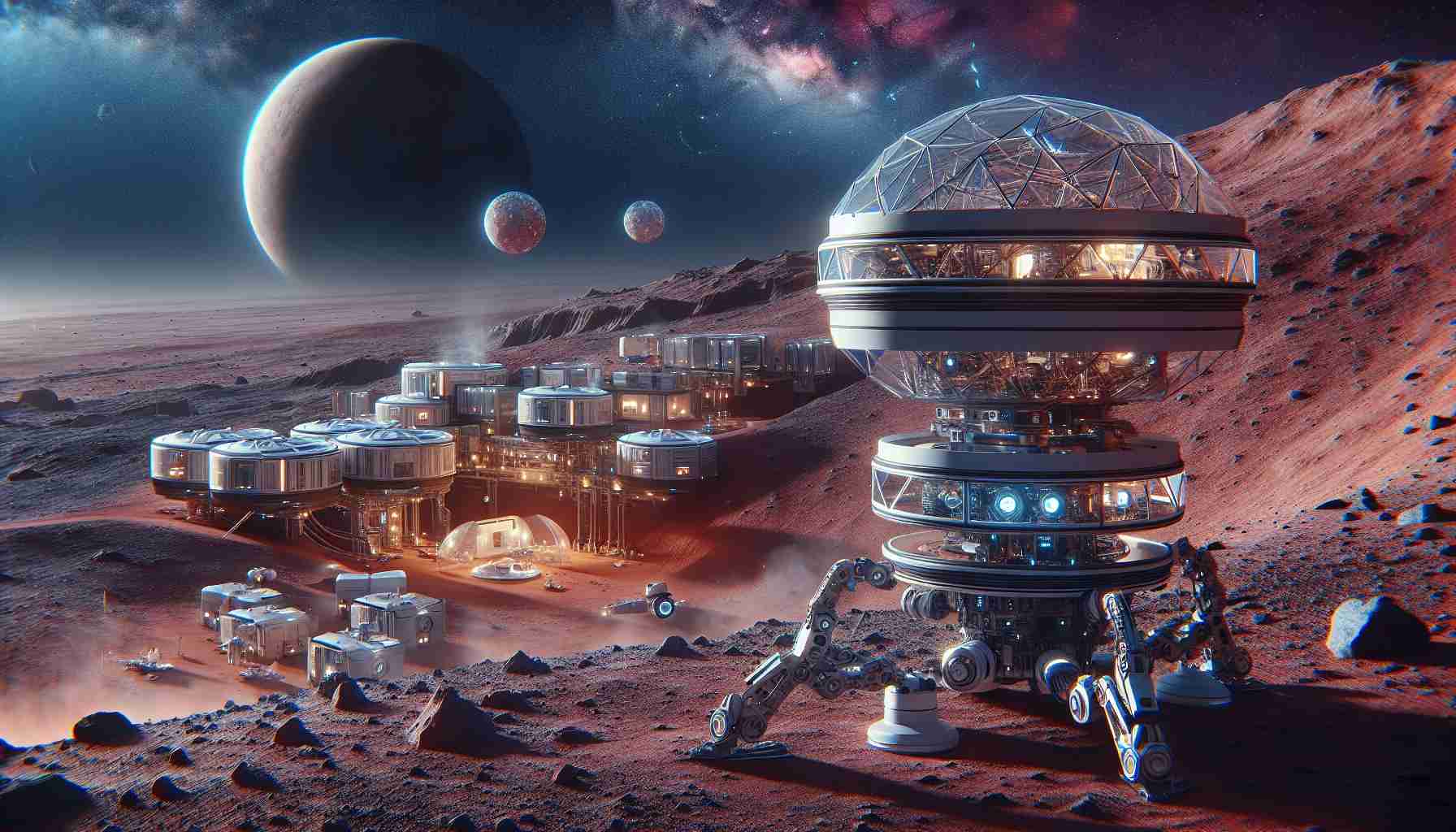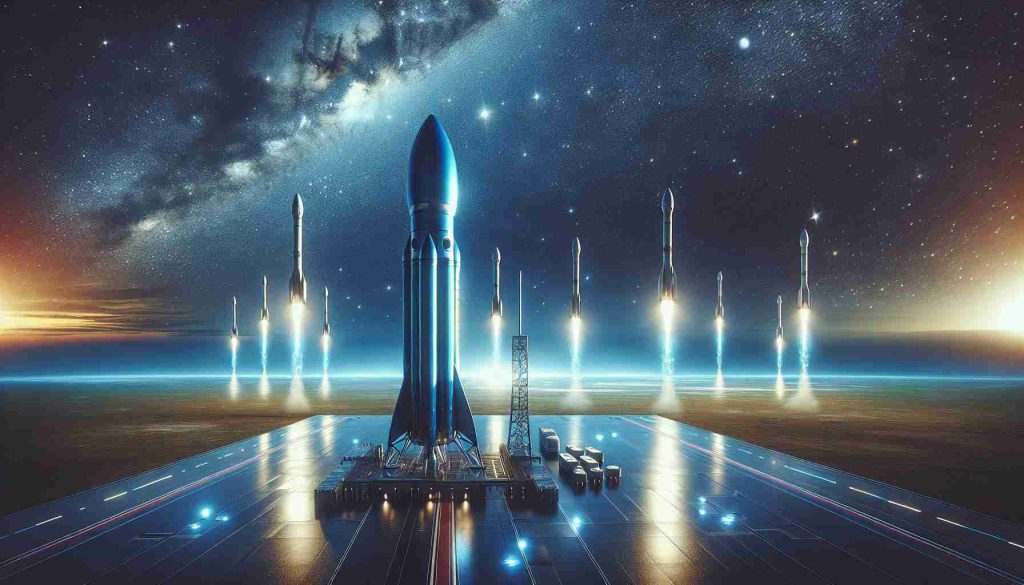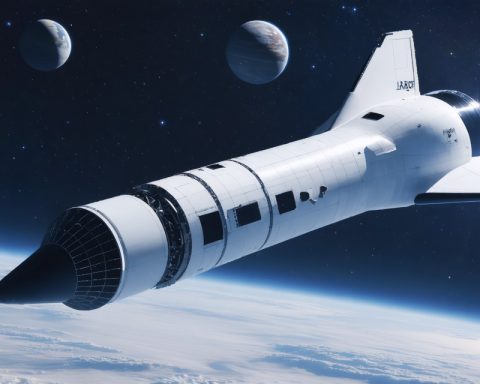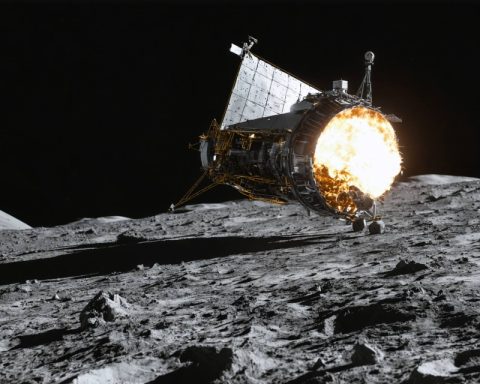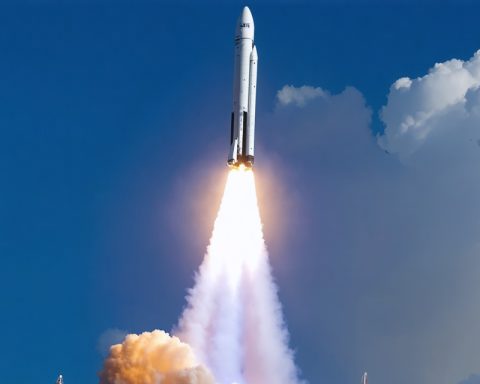As human aspirations to set foot on Mars grow ever closer to reality, there’s a radical new player in the game: Artificial Intelligence (AI). While traditional Mars missions have primarily focused on robotics and human capabilities, a burgeoning area of research suggests AI could revolutionize our approach.
Imagine autonomous AI systems building habitats before humans even arrive, solving problems in real-time, and managing resources on the red planet. Such systems could operate autonomously, making on-the-spot decisions to respond to unforeseen challenges, from unpredictable weather patterns to surface anomalies. The concept is that these AI-driven agents would not merely assist astronauts but work alongside them, forming a seamless human-technology partnership.
AI technologies are already at the forefront of Earth’s innovations, but scaling these to function efficiently on Mars provides a unique set of challenges and opportunities. Machine learning algorithms would need to function under Mars’ harsh conditions—extreme cold, reduced gravity, and high radiation levels. Moreover, they would have to communicate effectively over vast distances, with the signal delay between Earth and Mars necessitating unprecedented levels of autonomy.
However, with these challenges come exciting possibilities. Leveraging AI could significantly reduce costs and risks, making long-term habitation feasible and sustainable. Such technologies herald a new era in space exploration, where the boundaries of human ingenuity and machine capability will merge to take that next giant leap for mankind.
How AI is Reshaping Mars Exploration: The Future is Here
As the dream of human exploration on Mars edges closer, the integration of Artificial Intelligence (AI) in these missions is not just a possibility but an emerging reality. Let’s delve into the new information and insights on how AI is set to transform our expeditions to the Red Planet.
Innovations in AI for Mars Missions
Artificial Intelligence represents a paradigm shift in space exploration, with technologies that go beyond traditional robotics. AI systems are being developed to autonomously construct habitats before humans arrive, ensuring a sustainable and prepared environment. These systems can minimize human intervention by solving real-time problems, managing resources, and adapting to Mars’ environmental challenges.
AI Features Revolutionizing Space Exploration
AI’s adaptability is one of its most significant assets. Algorithms are being tailored to withstand Mars’ extreme cold, low gravity, and high radiation, which are critical conditions for the success of any mission. Furthermore, AI will need to operate with a high degree of autonomy due to the communication delay between Earth and Mars, which can be up to 22 minutes one way.
Use Cases: From Construction to Crisis Management
One promising application of AI involves autonomous construction. Robotic systems integrated with AI could fabricate living quarters, storage facilities, and laboratories from local Martian materials. Moreover, AI-driven systems can detect and address surface anomalies and weather-related threats, providing a robust safety net for astronauts.
Pros and Cons of AI in Space Missions
Pros:
– Autonomy: AI systems reduce the dependency on Earth-based instructions, offering speed and flexibility in decision-making.
– Cost Efficiency: By minimizing human oversight and increasing the efficiency of mission logistics, long-term costs can be significantly lowered.
– Risk Reduction: AI can simulate numerous scenarios to anticipate challenges, creating safer environments for astronauts.
Cons:
– Technical Challenges: Developing AI technologies that can survive and operate effectively in harsh Martian conditions is an ongoing challenge.
– Ethical Considerations: The level of autonomy given to AI systems raises questions about human control and decision-making in critical situations.
Market Analysis and Pricing
The introduction of AI in Mars exploration paves the way for a new market of technologies focused on space habitation and autonomous systems development. Companies investing in these AI technologies are at the forefront of a burgeoning field, promising lucrative returns as sustainable space habitation becomes more feasible.
Security Aspects of AI Deployment
Ensuring the security of AI systems in space is paramount. There is ongoing research to protect these systems from cyber threats and ensure that they function reliably in a space environment. Robust cybersecurity measures will be essential to protect both mission integrity and the safety of crew members.
Predictions and Future Trends
Integrating AI into space exploration is not just about assisting current missions; it’s about laying the groundwork for future interplanetary missions. As AI technologies advance, they will likely lead to more ambitious projects, possibly including the colonization of Mars and beyond. The blend of human ingenuity and AI capability sets a promising trajectory for the next era of space exploration.
For more insights into AI advancements, visit Google.
